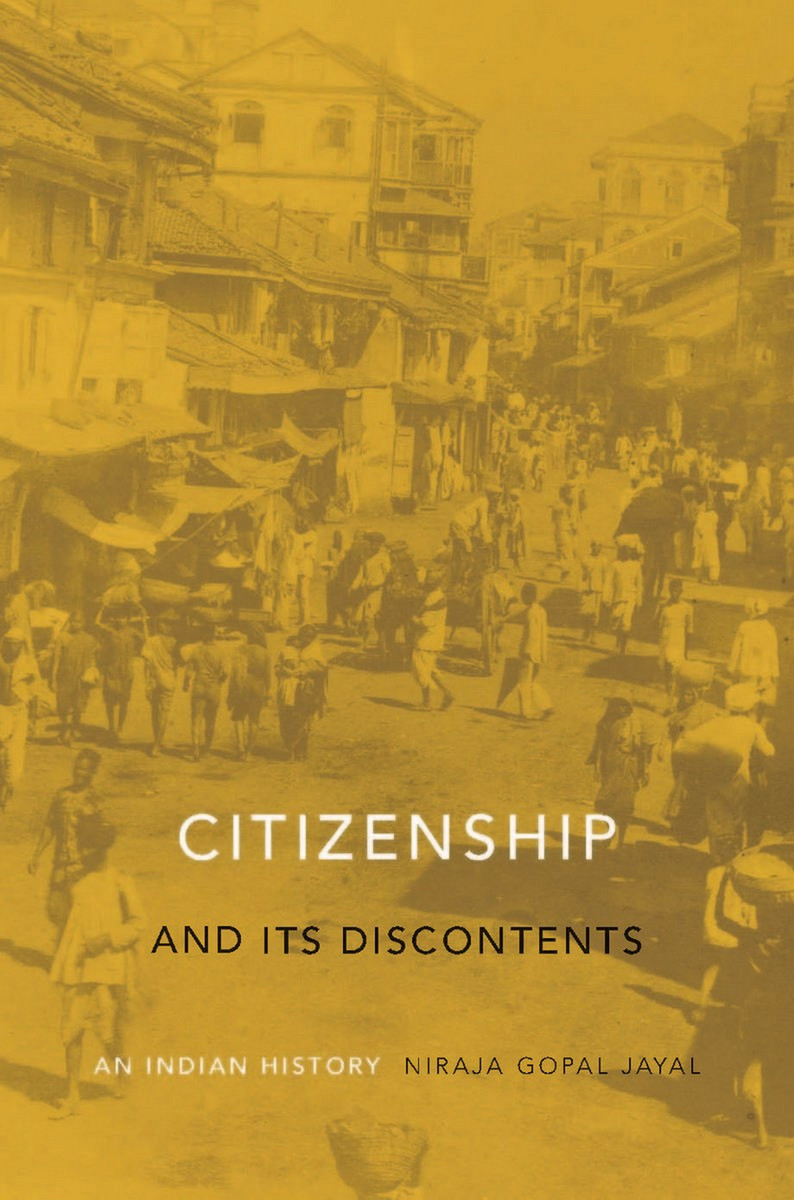Harvard University Press has released
Citizenship and Its Discontents: An Indian History (Feb. 2013), by
Niraja Gopal Jayal (Jawaharlal Nehru University, India). Here's the HUP description:

Breaking new ground in scholarship, Niraja Jayal writes the first history of citizenship in the largest democracy in the world—India. Unlike the mature democracies of the west, India began as a true republic of equals with a complex architecture of citizenship rights that was sensitive to the many hierarchies of Indian society. In this provocative biography of the defining aspiration of modern India, Jayal shows how the progressive civic ideals embodied in the constitution have been challenged by exclusions based on social and economic inequality, and sometimes also, paradoxically, undermined by its own policies of inclusion.
Citizenship and Its Discontents explores a century of contestations over citizenship from the colonial period to the present, analyzing evolving conceptions of citizenship as legal status, as rights, and as identity. The early optimism that a new India could be fashioned out of an unequal and diverse society led to a formally inclusive legal membership, an impulse to social and economic rights, and group-differentiated citizenship. Today, these policies to create a civic community of equals are losing support in a climate of social intolerance and weak solidarity. Once seen by Western political scientists as an anomaly, India today is a site where every major theoretical debate about citizenship is being enacted in practice, and one that no global discussion of the subject can afford to ignore.
And the TOC:
Part I: Status
1. The Subject-Citizen: A Colonial Anomaly
2. Legal Citizenship and the Long Shadow of the Partition
3. Aspirational Citizenship: Migrants and Emigrants
Part II: Rights
4. Pedagogies of Duty, Protestations of Rights
5. The Unsocial Compact
6. Social Citizenship in Neoliberal Times
Part III: Identity
7. Genealogies of Mediated Citizenship
8. Passages from Backwardness to Citizenship
9. The Future of the Civic Community
